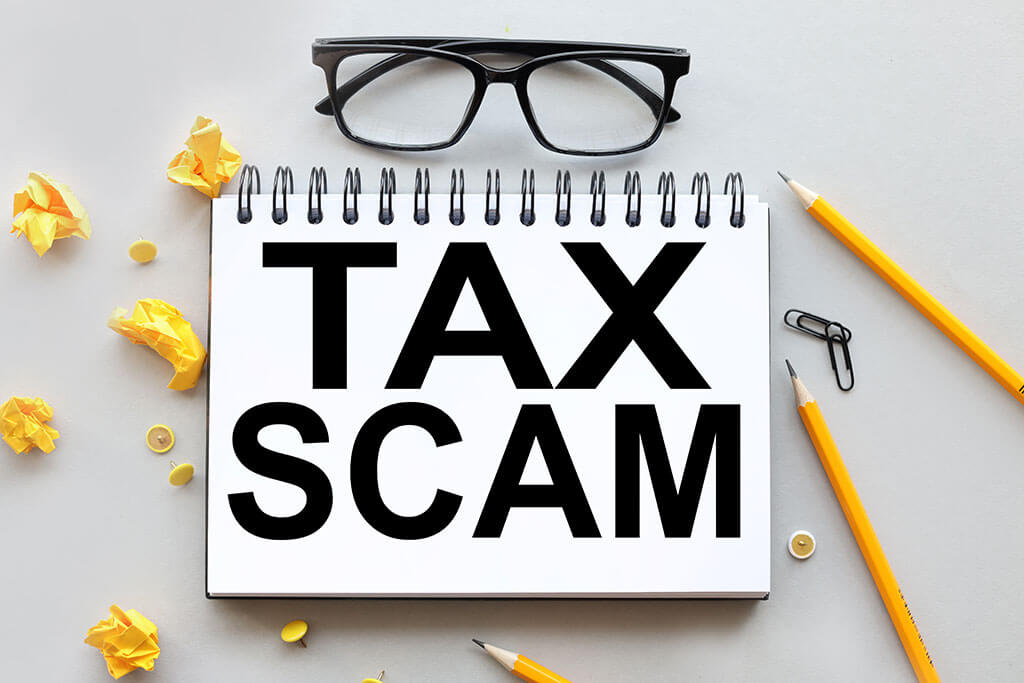Have you received a call from someone claiming to be from the Internal Revenue Service (IRS)? Perhaps he or she used a professional tone and even offered you their IRS badge number for identification. They might also go on to reveal your personal details like your name and social security number.
What if they go on to demand your bank account number? You might get suspicious and hang up because you are unsure or have heard about tax scams. Unfortunately, scammers use different ways to get you hooked. You might fall prey to such scams if you are not careful.
How can you prevent yourself from becoming a victim of common tax scams? Here are some ways that might help.
Email Scams
Fake emails claiming to be from the IRS are one of the common ways scammers use to steal information. Beware when you click to open an email that says you can claim a tax refund! Also, take note of emails demanding you to make payment immediately. Such emails usually contain a link to a fake website asking for your personal details or credit card number. A scammer out there is waiting to steal your information.
To avoid such scams, always remember that the IRS won’t initiate contact via email. Neither will they request you to make payment via wire transfers or ask for your credit card details. Don’t trust every email in your inbox and never click on suspicious links. If you are concerned about your tax issues, contact the IRS directly.
Phone Scams
You get a call from someone who claims to be an “IRS agent”. He or she sounds aggressive and persuades you to provide them with your personal information. They start to threaten you, saying that you will get deported or get into trouble with the law if you don’t follow their instructions. Chances are whoever’s calling you is an impersonator trying to steal your information and trick you into giving them money.
There are some methods to verify if this “IRS agent” is real. Tell them you need time to verify a claim or refund. If they don’t give you any time to make verifications and continue to threaten you, hang up immediately. Another way is to ask if you can call them back to discuss the issue. If the call is real, you’ll have no issues calling back. This will also give you time to verify the identification of the caller.
Social Media
Is your Facebook privacy settings “Public”? This means strangers can view your posts and personal information you’ve shared. A scammer might make use of information you’ve shared on Facebook or other social media platforms to trick you. For example, they could send you a message on Facebook and claim to be someone you know. But their real intention is to get you to click on the link they’ve sent you.
One way you could prevent this is to check your privacy settings. You can be in control of your privacy. Don’t let everything you share become public.
The golden rule – always check your tax matters with the IRS directly. Be wary when someone claims they are from the IRS. Don’t let nasty scammers trick you into giving them savings that you planned to use on fulfilling activities in your retirement.







